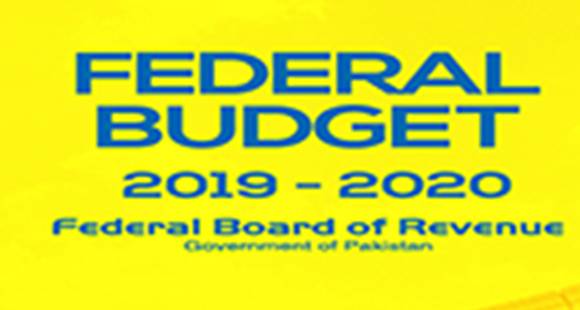ISLAMABAD: The rate of minimum turnover tax has been increased to 1.5 percent from 1.25 percent in the budget 2019/2020 presented a day earlier.
The Finance Bill, 2019 proposed to enhance the rate of minimum turnover tax
The Federal Board of Revenue (FBR) explained that presently minimum tax on turnover is charged at the rate of 1.25 percent of the turnover if taxable income is less than 1.25 percent of turnover.
Certain sectors have reduced rate of minimum tax at 0.2 percent, 0.25 percent and 0.5 percent of turnover.
The aforesaid rates of minimum tax are being enhanced from 1.25 percent to 1.5 percent, from 0.20 percent to 0.25 percent, from 0.25 percent to 0.3 percent and from 0.5 percent to 0.75 percent, respectively.
The following changes have been made in the minimum turnover tax for different sectors:
Minimum tax rate increased from 0.2 percent to 0.25 percent for:
(a) Distributors of pharmaceutical products, fast moving consumer goods and cigarettes;
(b) Petroleum agents and distributors who are registered under the Sales Tax Act, 1990;
(c) Rice mills and dealers; and
(d) Flour mills.
Minimum tax rate increased from 0.25 percent to 0.3 percent for motorcycle dealers registered under the Sales Tax Act, 1990.
Minimum tax rate increased from 0.5 percent to 0.75 percent for:
(a) Oil marketing companies, Oil refineries, Sui Southern Gas Company Limited and Sui Northern Gas Pipelines Limited (for the cases where annual turnover exceeds rupees one billion.)
(b) Pakistani Airlines; and
(c) Poultry industry including poultry breeding, broiler production, egg production and poultry feed production.
(d) Dealers or distributors of fertilizer; and
(e) person running an online marketplace as defined in clause (38B) of section 2.
Minimum tax rate increased from 1.25 percent to 1.5 percent in all other cases.


